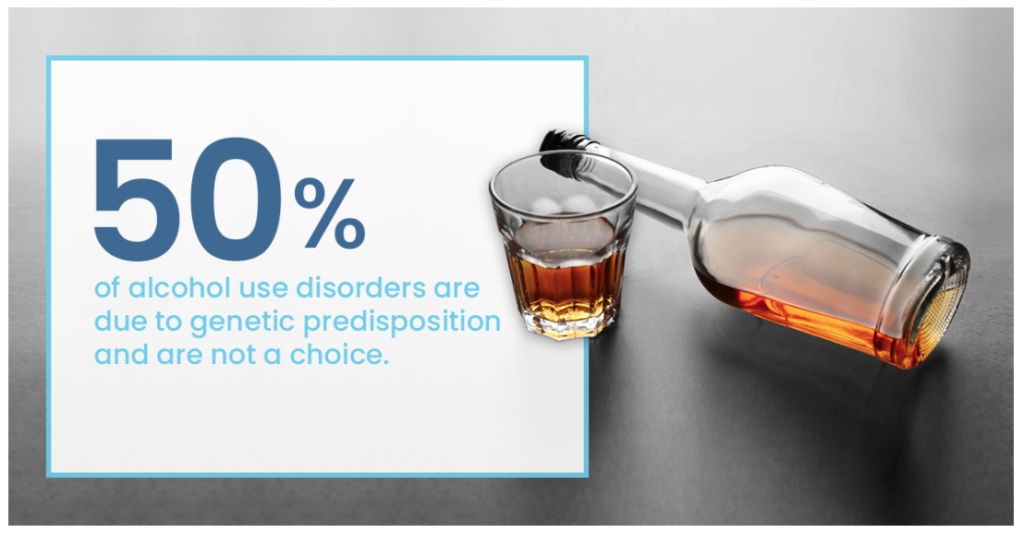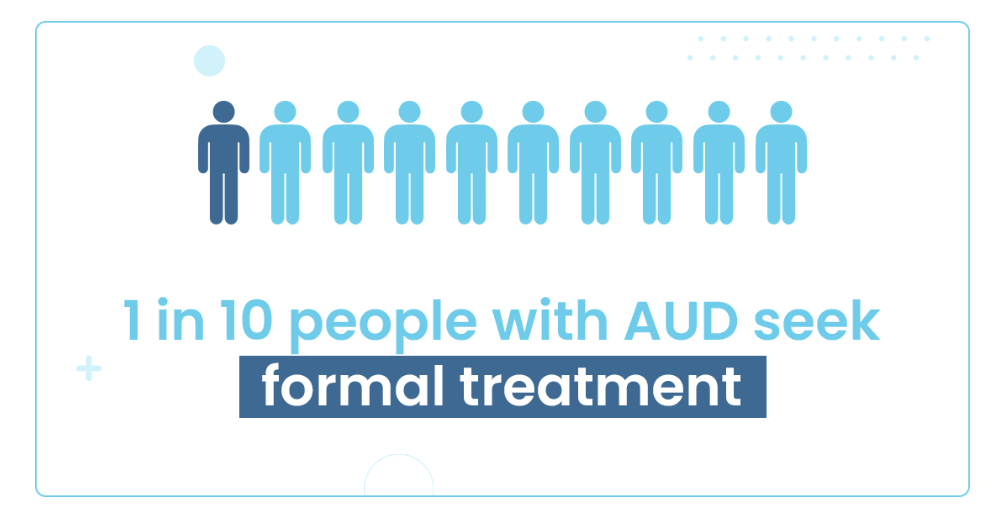
Substance use disorder has become a prevalent medical condition that requires clinical help to overcome and maintain sobriety. Because of the stigma of addiction, health care providers may deliver subpar care or even turn away patients seeking help.
Some doctors may believe their issues with drugs or alcohol are their responsibility. Emergency room personnel, for example, may look down upon users. Patients who show signs of intoxication or withdrawal aren’t attended to in the emergency room by staff members. Some often fear their behavior or think they are only hunting for drugs. People addicted to drugs may decide to hide their shame and delay seeking assistance in these cases.
Stigmatization at Treatment Centers
An effort to destigmatize language can help patients feel more comfortable seeking professional help.
The public stigma has become a hindrance for many dealing with drugs and alcohol. Substance use disorder is often stigmatized more than any psychiatric disorder.
Blaming those who deal with AUD or SUD is why they hesitate to get treatment. There is an urgent need to address the stereotypes so that no one deals with stigma when they reach out for help.
Avoiding the Stigma
A negative attitude toward someone already dealing with alcohol or drug addiction can propel them to seek treatment. Alternatively, you may attend political gatherings on addiction and related issues. Such as how to make it easier to seek treatment or participate in mental health-related community events. You may also be able to assist someone who is battling an addiction or is in the process of recovering from one. Be courteous and considerate to everyone. According to the National Institute of Alcohol Abuse, 50 percent of alcohol use disorders are due to genetic predisposition and are not a choice.
People who want to better their lives and positively contribute to society. Those dealing with an alcohol problem may find it more difficult to obtain health care, a job, insurance, and conducive treatment. Due to the stigmatized terminology used to discuss drug use, people with substance use disorders, and drug rehab. To make society more open and accepting, we can all do our part by simply changing how we speak to one another daily.
A treatment plan for illicit drugs and substance use can be treated. Instead, blaming the one who deals with alcoholism can lead to complex brain disorder rather than recovery.
Fighting Back Against Stigma
Stigma can be reduced by showing a loved one struggling with addiction that you care and are there for them, among other things. The negative feelings about the one already dealing with a problem should be avoided to support them on their journey.
Protections at the Workplace and Within the Public
Respect should be shown to those struggling with an addiction, like any other disease. Avoiding language that might be misconstrued is necessary for a healthy recovery. When you have a soft corner for those dealing with overdosage of opioids, drugs, and alcohol, they will feel more motivated in their recovery.
The workplace fosters excellent psychological health. These negative judgments in public shall be discouraged as well. Using the wrong words might stigmatize someone, making them less inclined to seek help for their addiction.
Addiction therapy relies heavily on the therapeutic benefits of the language. The Affordable Care Act provides financial assistance for drug and alcohol rehabilitation (ACA). People with Medicaid or health insurance have access to psychotherapy and counseling services.

Frequently asked questions
What are the stigmas of addiction?
The stigma of addiction can start over due to the negative feelings for those dealing with substance use disorder. Public views that drug or alcohol addiction is a choice and a moral failing is to be considered a problem.
How can we remove the stigma of addiction?
When someone is battling dependency on any drug or substance use, the stigma of addiction is why they don’t get treatment for it. Stopping the blame practices and showing empathy can help the patient return to everyday life.
Why is the addict so stigmatized?
In the USA, there are many names given to a person who is dealing with substance use disorder, such as the names like drug abuser, sinner, drug addict, and other derogatory remarks are the reason a person tends to face a problem.
What is the biggest stigma surrounding addiction?
There is a general misunderstanding around addiction where people believe that addiction is a choice that people get themselves into. In reality, addiction can happen to anyone and should be treated like any other chronic disease.
Recover From Addiction at The Haven
At the Haven, our team of medical professionals treats all patients with compassion and care throughout the entire recovery process. We provide addiction treatment through proven detox methods, behavioral therapies, and effective aftercare programs such as support groups.
Our residential program offers the perfect environment for a safe and comfortable detox with around-the-clock medical care and support. We have helped hundreds of patients regain a healthy lifestyle free from drugs and alcohol.
If you or a loved one is showing signs of addiction, do not hesitate to call the Haven at (560)132-88627 for more information.






